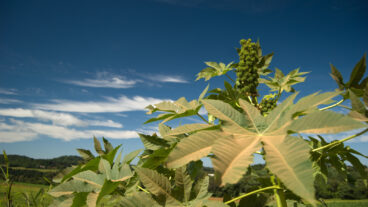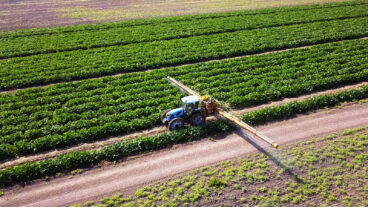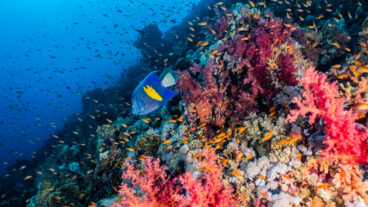It’s a dirty job, but somebody has to do it: cleaning up wastewater from industrial and agricultural operations, that is. A young Israeli company Cequesta is now open for business and has taken on the task of making America’s and the world’s waterways and businesses a whole lot cleaner.
From cheese factories, to cowsheds, to automotive plants, to hotels, to private mansions, Cequesta is now forging ahead in a number of environmentally friendly directions by creating complete units that can, for example, recycle 70 percent of a building’s wastewater.
The company has developed a water treatment solution for a Toyota plant in America, and many others in the US — including players in the livestock industry — now working with Cequesta to solve effluent problems. It is also currently creating a unit at a hotel in Rhodes, Greece, where greywater is too valuable to flush down the drain.
Water is a worldwide concern
“We believe that much of the world’s water problems can be solved by recycling greywater,” says Cequesta’s president David Waimann, happy to announce that the company’s main investor Aardvark Investments S.A., a European fund, has committed to supporting the company with a further $1 million over the course of the year, if milestones are met.
This is good news, and a strong vote of confidence for clean technology in very difficult financial times. “We’ve done well,” Waimann tells ISRAEL21c. “The engineering team has done a fantastic job and produced an impressive roll out of products. [Cequesta’s] a star investment in the Aardvark portfolio,” he says. “Without sounding too cocky, it was expected.”
Founded in 2007, Cequesta’s technology is based on that of the company, Seg2000, which began work seven years earlier. Cequesta took Seg2000’s technology, and then simplified and improved it in an effort to create easier sales.
The eight-man company, based in Mevo Beitar, a village outside of Jerusalem, claims to be able to provide a whole range of mechanical systems for small production plants that treat wastewater, solving a massive problem: Existing methods are either expensive, do not work, are un-automated, or require continual servicing and maintenance, say critics.
Cequesta’s solutions overcome all these major problems and have a wide and varied market, and a good range of products, according to the company.
Three products for industry and agriculture
The first of these is an entry product for sludge dewatering, which uses compressed air to separate sludge from water. Cequesta’s breakthrough technology, says Waimann, is a wastewater treatment solution for industrial and agricultural industries.
“It’s quite a breakthrough because it’s very cost effective, and has a smaller footprint,” than traditional technologies he points out, explaining that “footprint” in his industry means that it takes us less space.
But Cequesta’s solutions also have a smaller carbon footprint, he adds, since they consume much less energy than other technologies.
Cheese factories are one of the many applications, where facilities produce a lot of wastewater. “That treatment is very expensive and tricky,” says Waimann, pointing out the enormous size of the industry. Cequesta is already in talks with a “big cheese” in the business, at an Italian cheese company near Parma, Italy.
The company handles the solid waste of cheese plants too, as well as the ickier stuff — solid and liquid waste — produced by slaughterhouses.
The third area Cequesta operates in is in greywater recycling for apartments, hotels, mansions and factories, with recycled water going back to the garden, for example.
With a team of engineers who?ve been working in the wastewater treatment area for decades, Waimann notes that clean technology has always existed, just that now it’s expanding into new markets. Existing solutions tend to be very costly and complex, and Cequesta wants to simplify matters: “We?ve developed a new technology, which is easier to market and sell,” says Waimann.
And that’s just what he intends to do.













